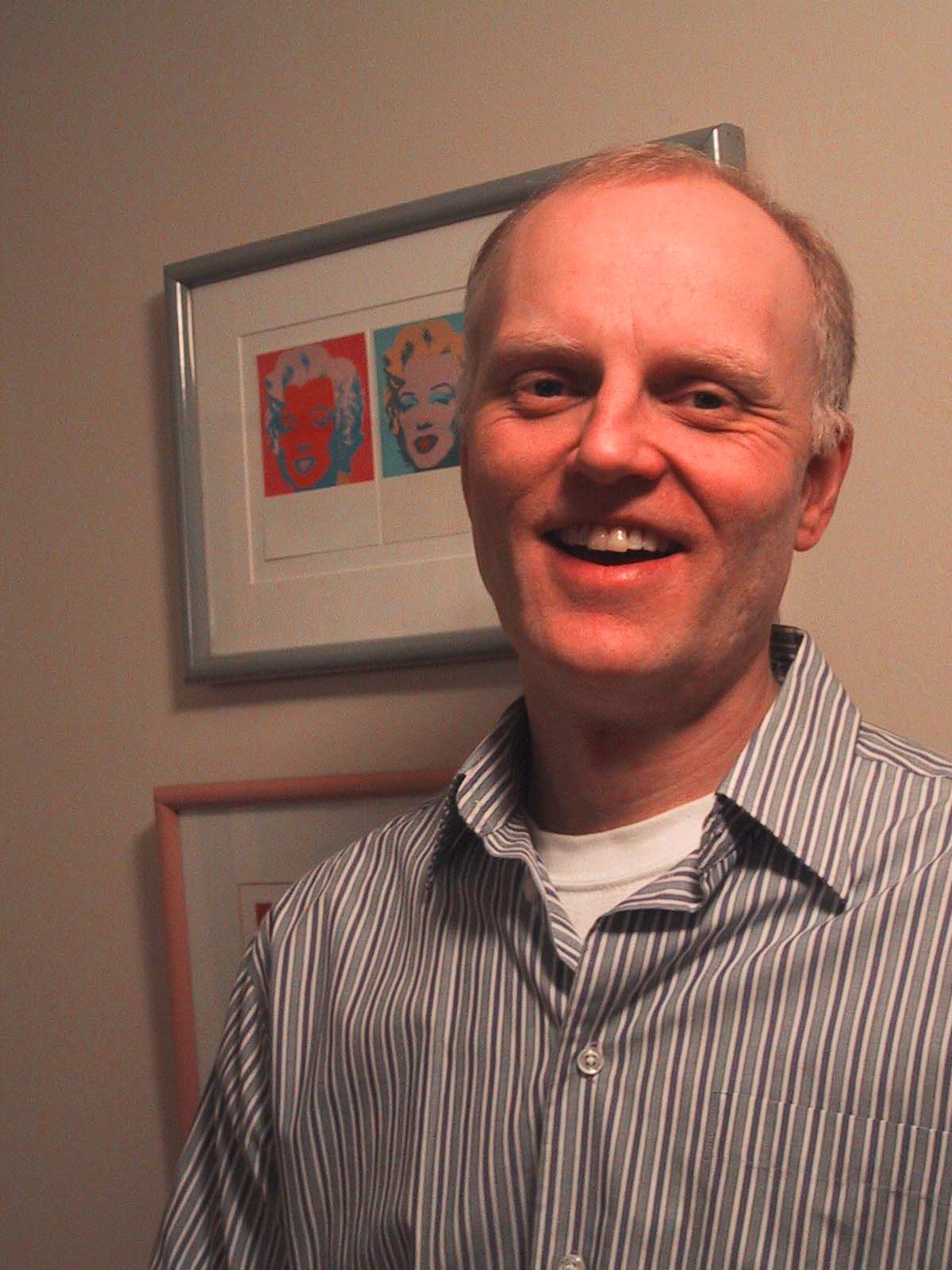Kelly Cresap
Kelly M. Cresap, Ph.D., is an instructor at the University of Maryland’s Professional Writing Program, as well as an author, storyteller, workshop leader, and former NPR commentator. He frequently leads workshops on active learning and the kinetic classroom. He earned his English doctorate at the University of Virginia, and coordinated the first Smithsonian conference on storytelling for personal transformation. He has presented workshops at the Pentagon, NASA-Goddard, the Smithsonian Institute, Montgomery College’s Mental Health Department, and as a guest faculty at the National Speakers Association University. His first book was an interpretive biography of Andy Warhol, Pop Trickster Fool. He's currently at work on a book about the TV show Breaking Bad.
Publications
A Love-Hate Guide To "Breaking Bad"
This work allows the reader to revisit TV’s “best show ever” to see how it’s holding up.
Author/Lead: Kelly Cresap“The World-Making Capacity of John Fowles’s Daniel Martin.”
What would a vast-canvas Tolstoyan novel look like if it had a playful skepticism about its masculine authority and claims to metaphysical truth?
Author/Lead: Kelly CresapRead More about “The World-Making Capacity of John Fowles’s Daniel Martin.”


